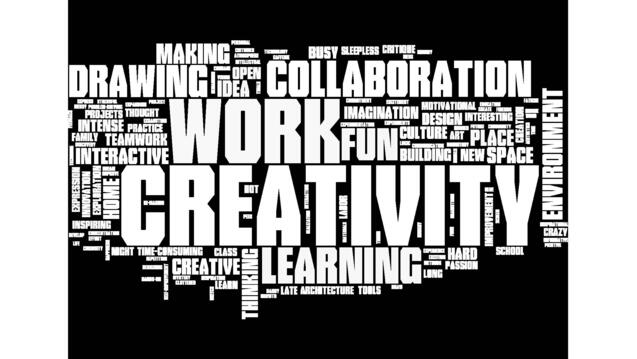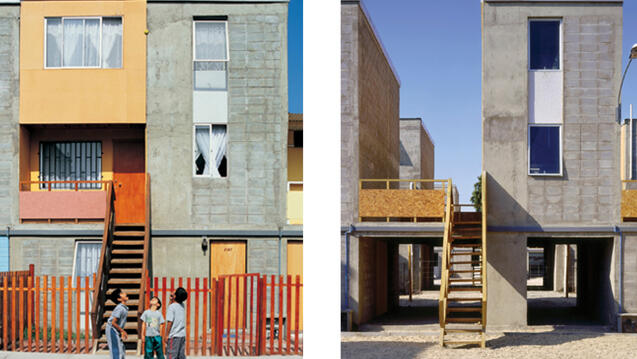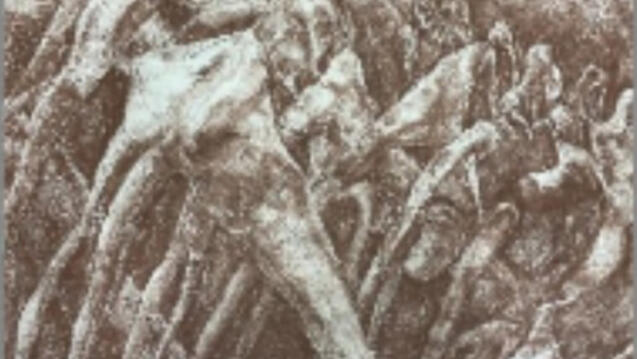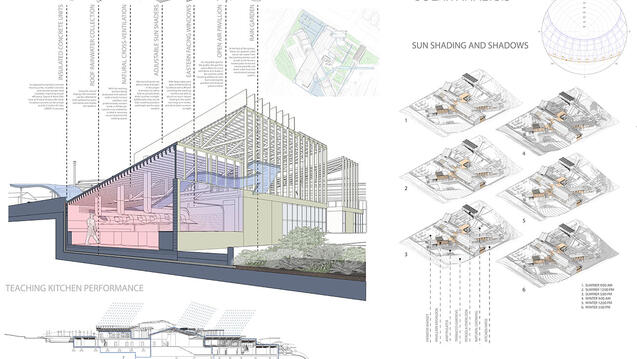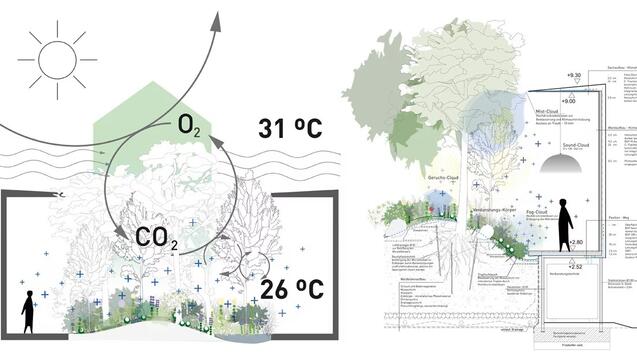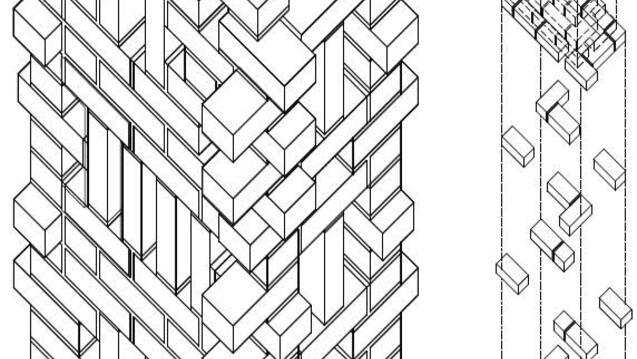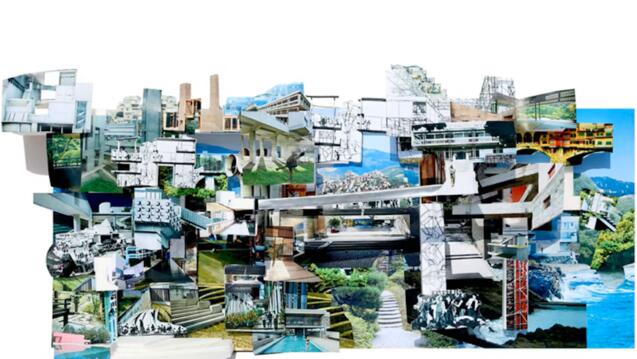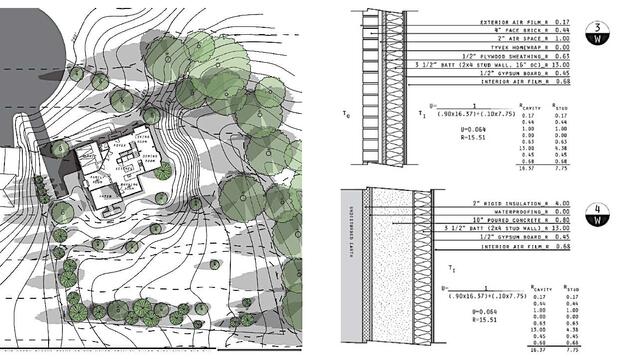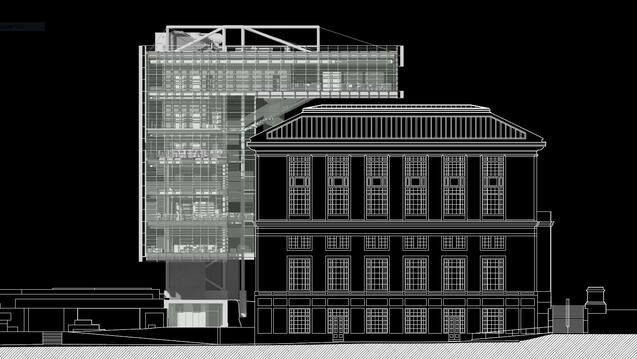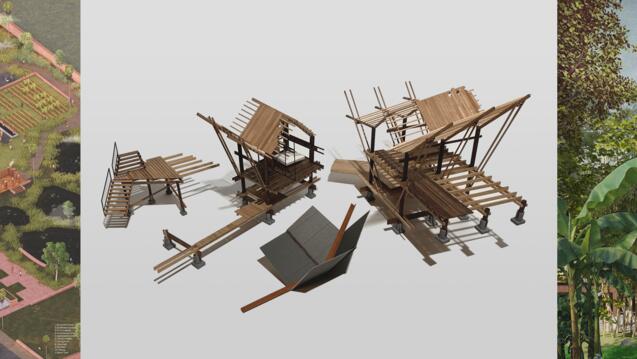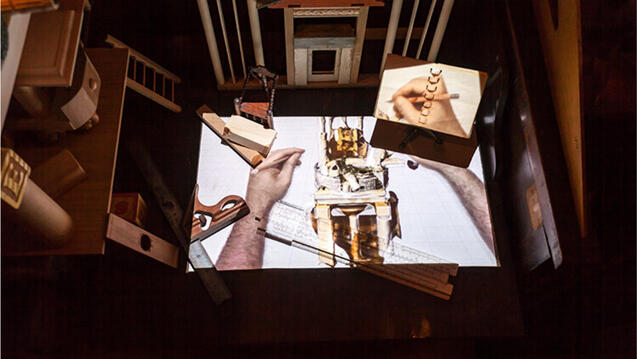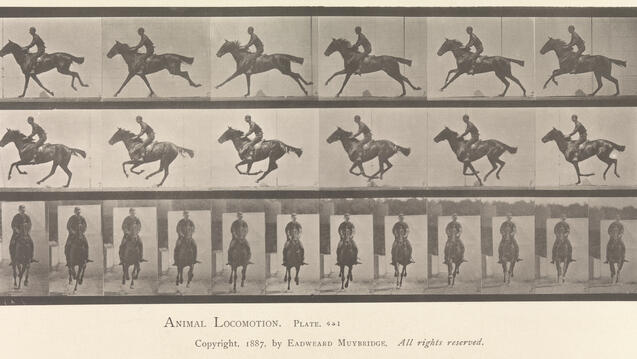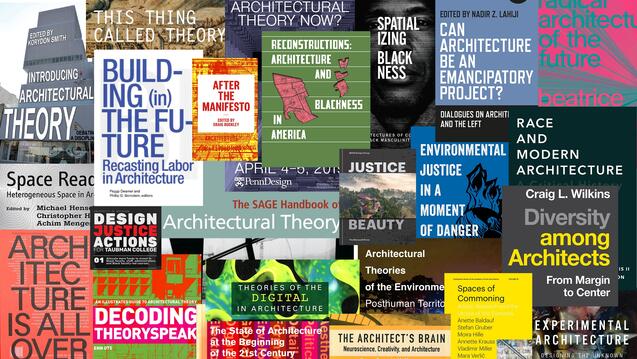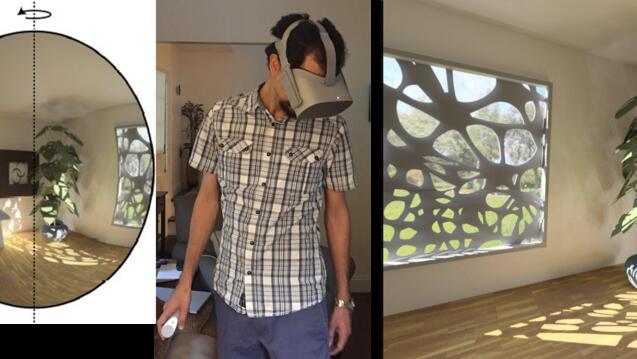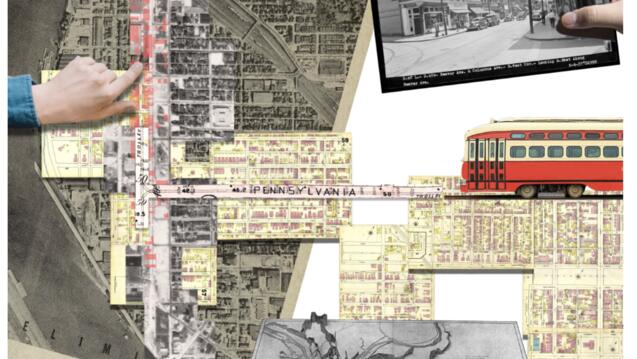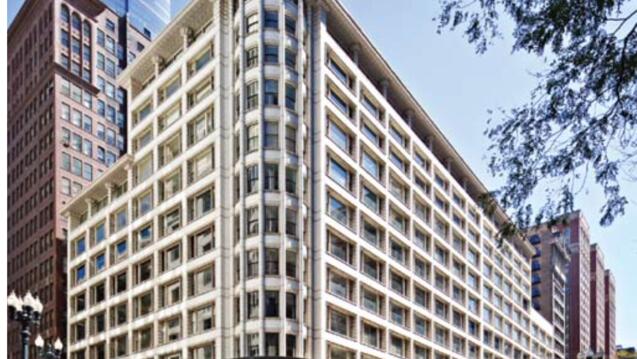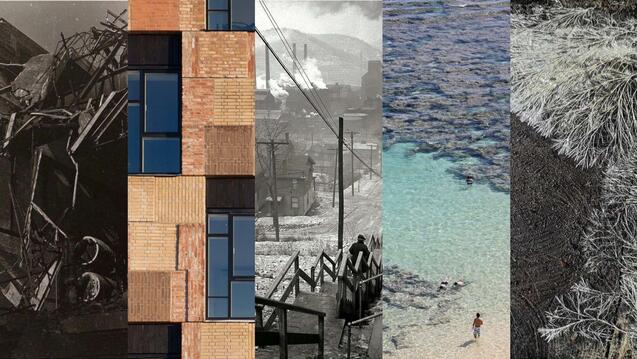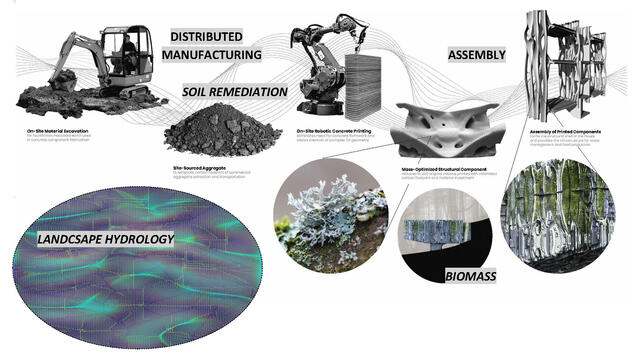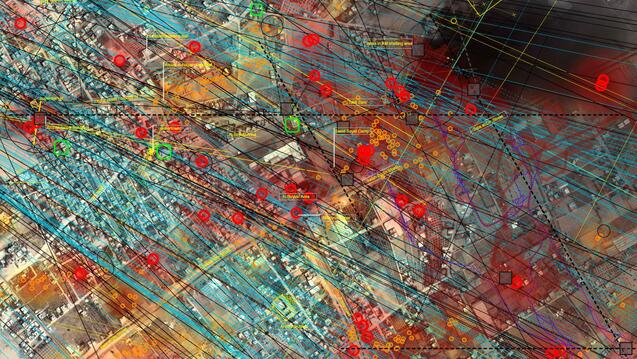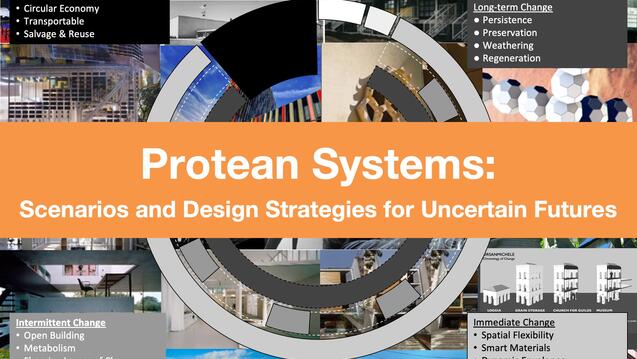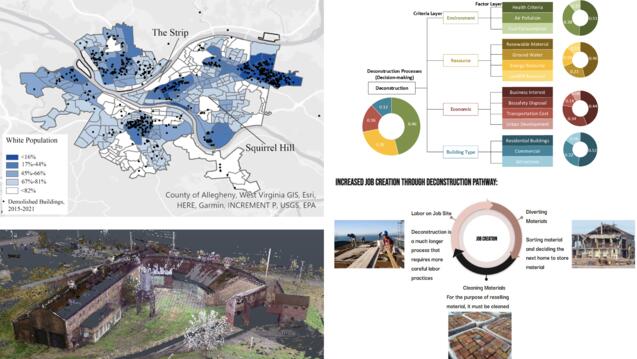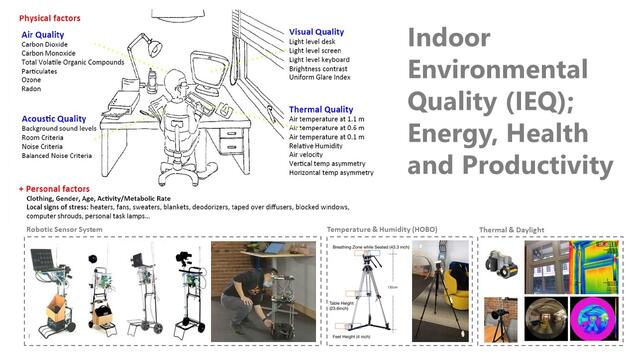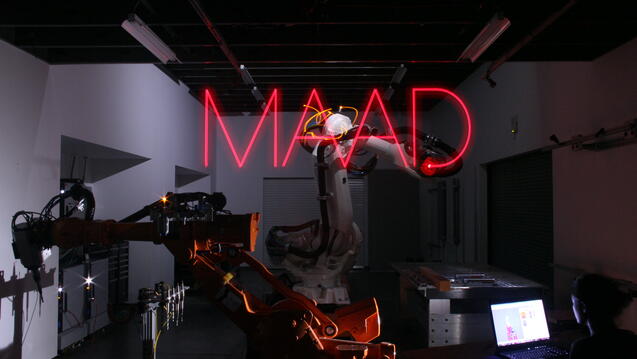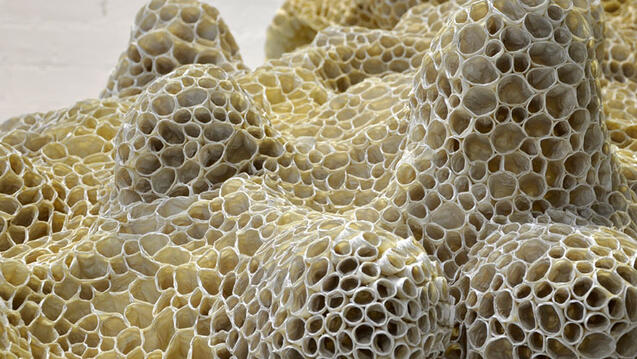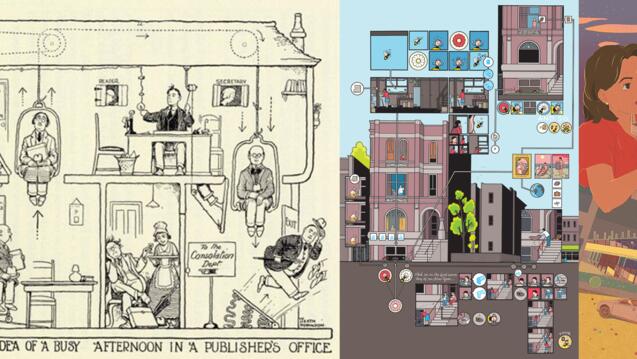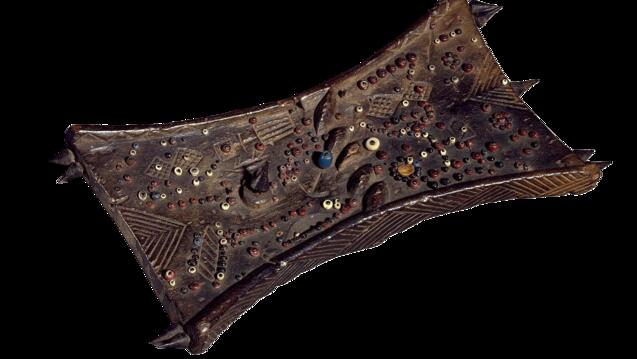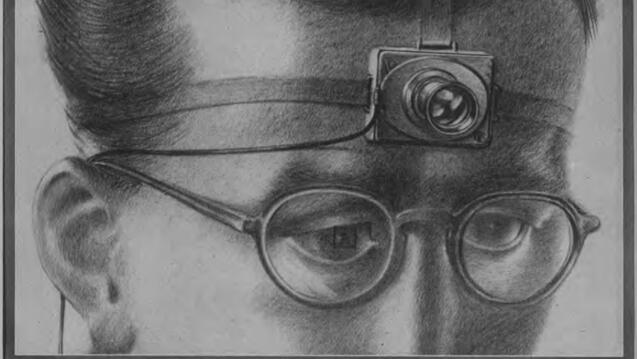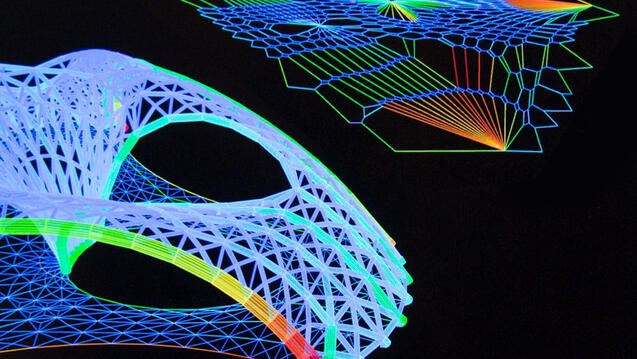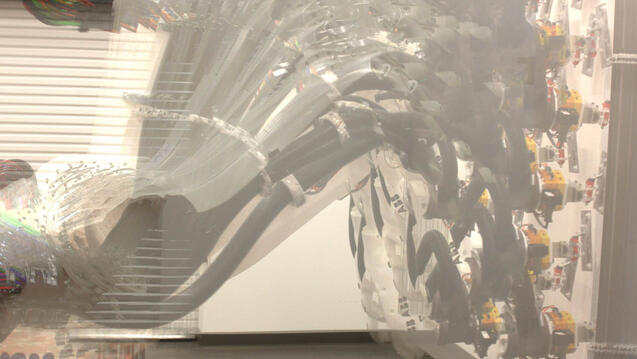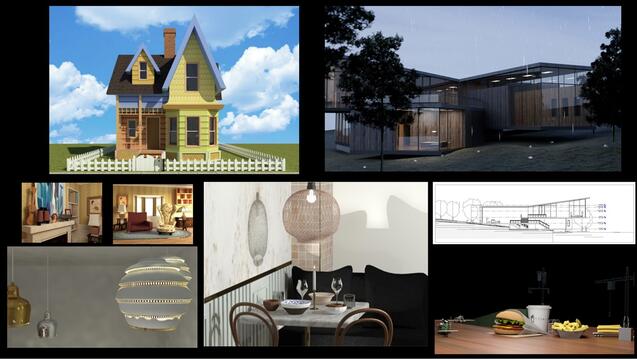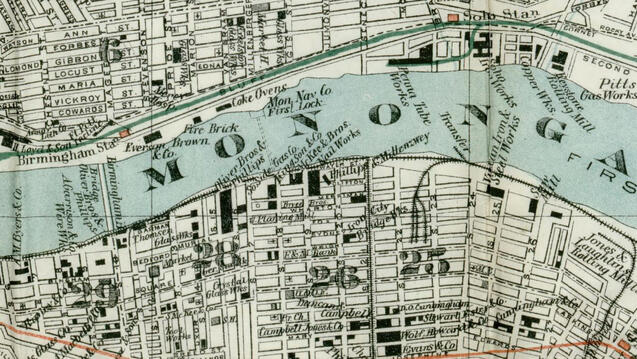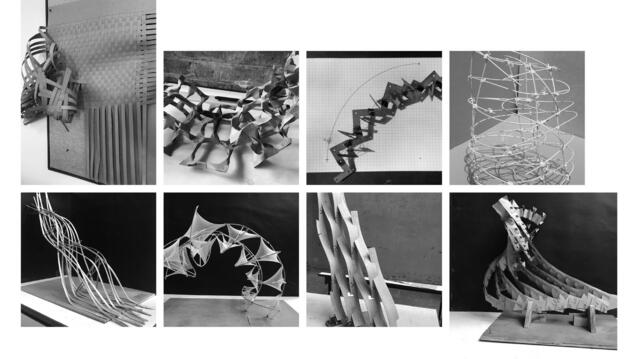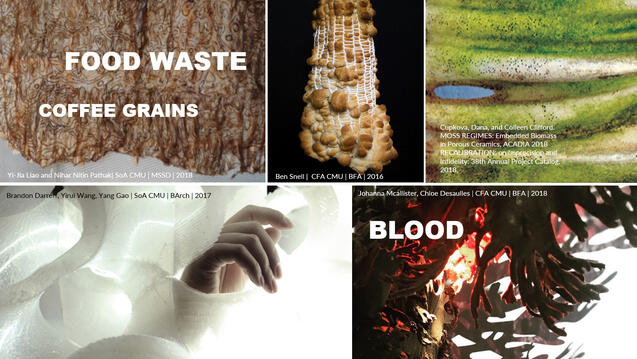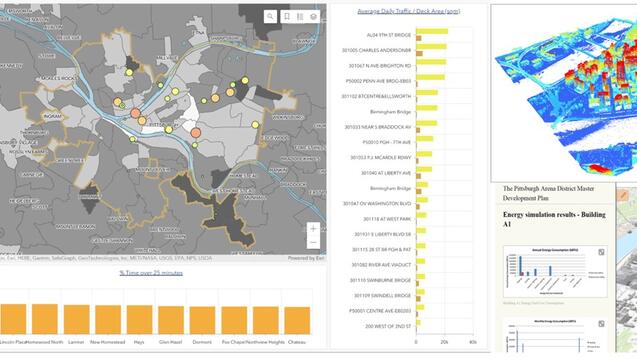The main objective of this first-year seminar course is on how students learn, develop, and make decisions as they transition into architecture education.
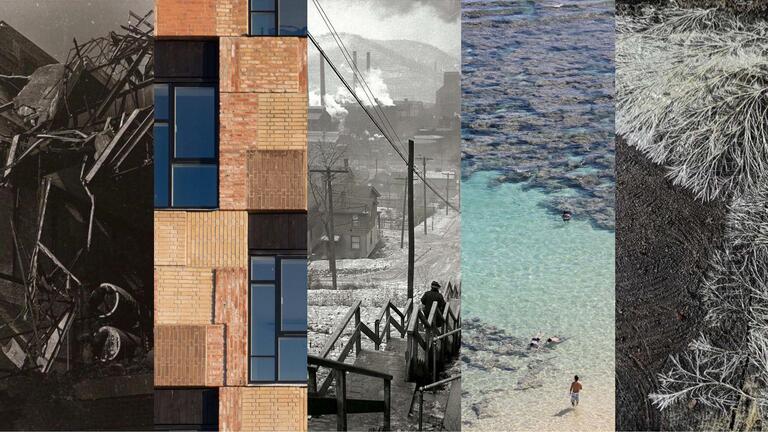
Courses
Current Schedule - Fall 2024
Image Credit: Louis Suarez, Kirman Hanson, Longney Luk, Colleen Duong, Tanvi Harkare
This course is aimed at first year architecture students as an introduction to social justice and design ethics, and Carnegie Mellon Architecture’s pedagogy around these issues.
62-125 is an introductory course in free-hand architectural drawing. Its central learning objective is building a capacity for visualizing three-dimensional space through freehand drawing.
This course will introduce fundamental concepts of building physics. The knowledge and skills obtained from this course can be applied to studio projects and beyond, improving building design and performance through standard methods of evaluation and simulation tools.
By conceptually recognizing the built/natural environment as a complex web of interacting parts constantly exchanging energy and resources, we may learn to develop architecture that enriches the context from which it arises.
This course introduces and examines the fundamentals between design intent and construction materials, the science of materials (performance) and their assemblies. Learning how materials and techniques inform spatial and form making decisions will be a central theme for the semester.
The course introduces contemporary urbanism, offering a comprehensive exploration of how cities and urban systems are made, remade, and even unmade.
Typically, we do site research and then design something for that site. However, this is a studio where the design research part of the semester will become the project itself.
This course introduces architectural design responses for energy conservation and natural conditioning, human comfort, and the site-specific dynamics of climate.
This studio is the capstone of your undergraduate education and is an opportunity for you to integrate the various technical aspects of your professional degree to date. The studio project will be based on the integration of the core aspects of building as a constructed assembly that applies codes , required standards and methods of measure for building performance.
In the face of socio-ecological justice, how do we build knowledge around material economies, local sourcing, design detailing, and the processes of architecture as community empowerment?
This seminar prepares undergraduate students planning to work on a thesis project in the following semester.
The course is organized as a graduate seminar that concludes the cycle of required courses in the history and theory of architecture for the M.Arch program. By revisiting histories of the twentieth and twenty-first centuries, it treats the profession as an uncertain, contested, and contingent category.
This course aims to provide graduate students at the School of Architecture with a general introduction to different modes of conducting architectural research, while creating opportunities for cohort building, social exchange, and skills development.
This graduate seminar explores important writings and ideas being discussed in architecture today in relation to “Design Ethics,” one of the central pedagogies of Carnegie Mellon Architecture and the M.Arch program.
In this course, we will explore the quantities and qualities of light. We will study how we can design with and for light while understanding the paradox of lighting design—that it is both science and art.
In the first urban design studio, we focus on timely issues that drive contemporary cities, grounded in the fundamentals of urban theory and practice.
This course introduces students to the practice of urban design. The course includes lectures by the instructor that present key issues addressed by urban designers using completed projects, presentations by guest speakers on specialized topics, and a visit to an urban design practice.
This course teaches the fundamentals of real estate development. You will learn about the real estate development process and the social, economic and regulatory context in which development takes place.
This course explores the relationship of quality buildings, building systems, infrastructures and land-use to productivity, health, well-being and a sustainable environment.
Synthesis Prep is an intensive course designed to help students refine their research plan and prepare for their synthesis project.
The 'Introduction to Ecological Design Thinking' is a graduate-level seminar that provides an overview of scholarly, design, and research-based approaches addressing ecology, technology, and climate change in architecture and urban design.
This course explores new forms of media and representation in Urban Design.
Throughout the semester we will explore various types and scales of change and each week we will review various concepts such as Mass Customization, Computationally Responsive Environments & Facades, Open Building, Shearing Layers of Change, Adaptive Reuse, Metabolism, Persistence, Preservation, Circular Economy, Design for Deconstruction & Reuse (DfD+R), and Repair/Maintenance.
In this course, MS AECM students will apply the diverse knowledge and skills they have acquired during the program to a critical public interest issue related to Pittsburgh’s built environment.
The course is an introduction to the importance of the indoor environment and human health and productivity. Throughout the semester the course lectures will challenge your intellectual curiosity as it relates to the built environment.
The Master of Advanced Architectural Design program culminates with a design thesis in the final year of studies. This two-semester independent project allows students to conduct design research and develop a project on a topic they have defined in consultation with the program track chair.
This course is focused on physical model making of soft forms. It offers a series of encounters with material specificity, including textile, metal, and plastic materials, and the techniques used in transforming 2D patterns to 3D forms.
This design research seminar pinpoints the architectural and urban detail as a point of departure to understanding socio-ecological systems in the worlds around us.
48-356 Color Drawing provides practice in the use of color to depict architectural surroundings.
This course is designed to focus on professional and personal development for a career within the discipline of architecture. The goal of the course is to make students more marketable, preparing them to become valuable professionals within a global economy.
This course is geared towards graduate students that are seeking an internship or new employment opportunities post-graduation. Focus includes building networking skills, verbal and communication skills and how to increase their human capital.
Through transdisciplinary methods, and through a framework of thinking and practice the course terms ‘Unreasonable Architecture’, the course aims to introduce a more expanded knowledge framework of meaning that includes indigenous systems and spatial technologies that sit outside the constraints of modern reason and economic legibility.
The history of Interaction Design (IxD) is far richer than what is visible from today’s tech. Many great ideas have been mangled and even lost. By making prototypes inspired by this history, we reach new insights and illuminate a future of promises and perils.
This course introduces advanced topics in computational structural design and analysis.
This course builds upon the rich history of architectural production and manufacturing and foregrounds architectural component customization to explore prototyping and customization within the context of contemporary practice.
This course provides a practical, hands-on introduction to the application of industrial robotics in architectural and related construction domains. It also provides students with the necessary knowledge and safety protocols to work in the architectural robotics lab at the school.
This course is designed to introduce a student to 3D software tools (3 units each), including Autodesk AutoCAD 3D, Revit Architecture, and/or 3D Studio MAX.
This new class is designed for upper level Undergraduates and Master students who would like to delve deeper into the urban history of Pittsburgh and at the same time develop research skills that can be applied to other cities.
Prototyping material and spanning system in Bamboo_ using robotic arms and steam-bending.
Shaping Environments is a design-research seminar that explores alternative material formations beyond our current petrochemical reality.
A Geographic Information System (GIS) provides storage, retrieval, and visualization of geographically referenced data, design, and analysis of spatial information.
